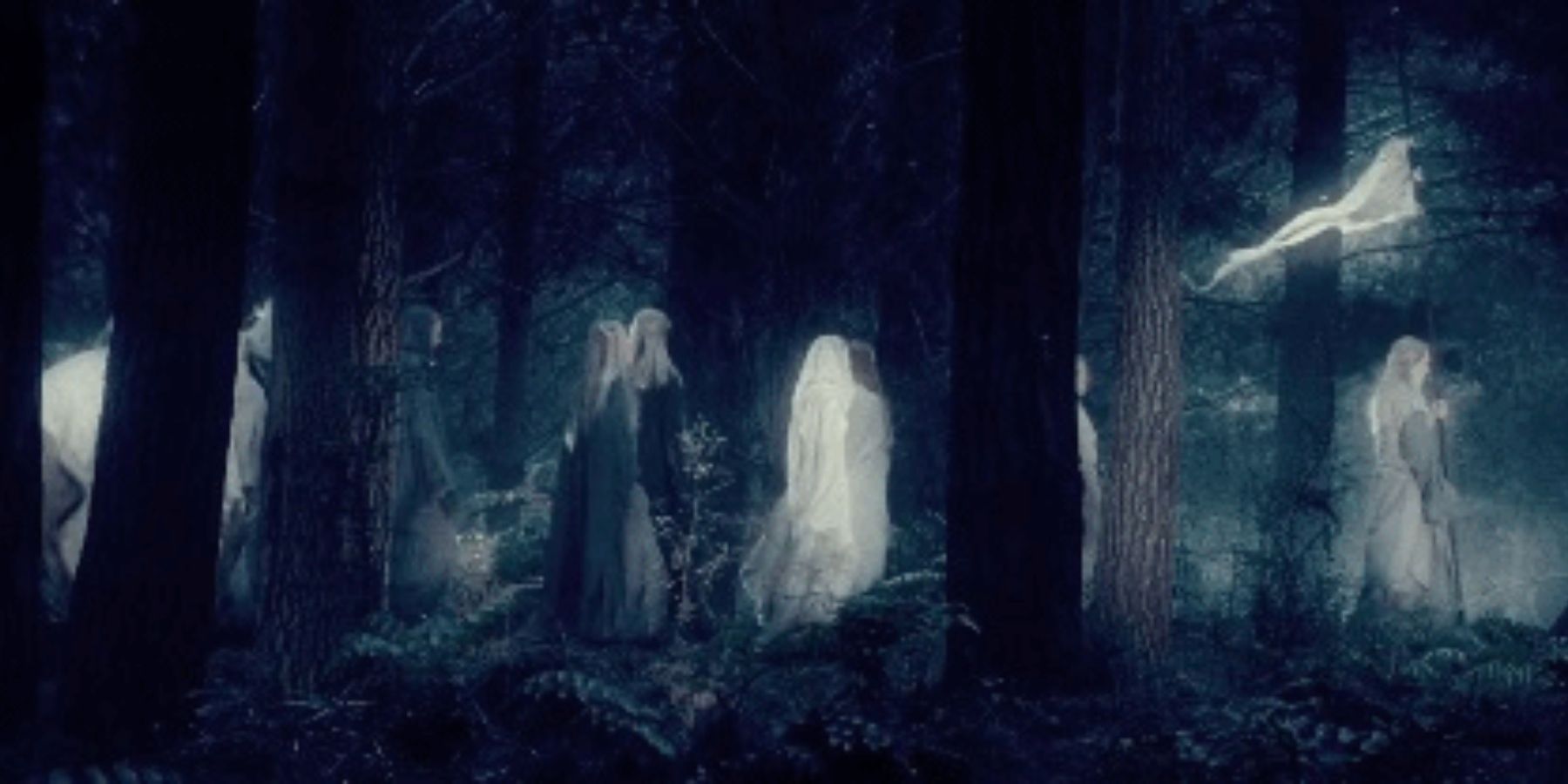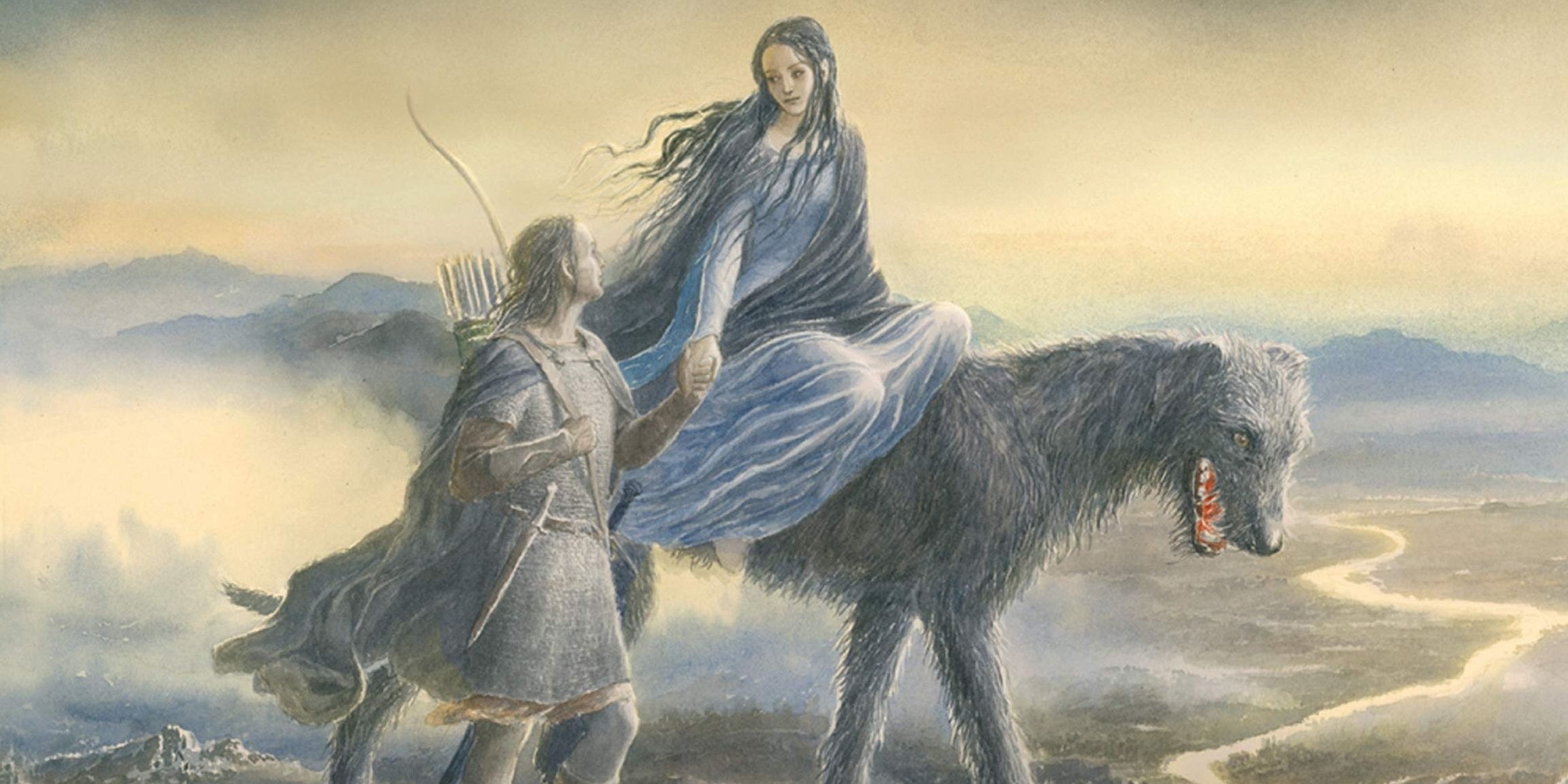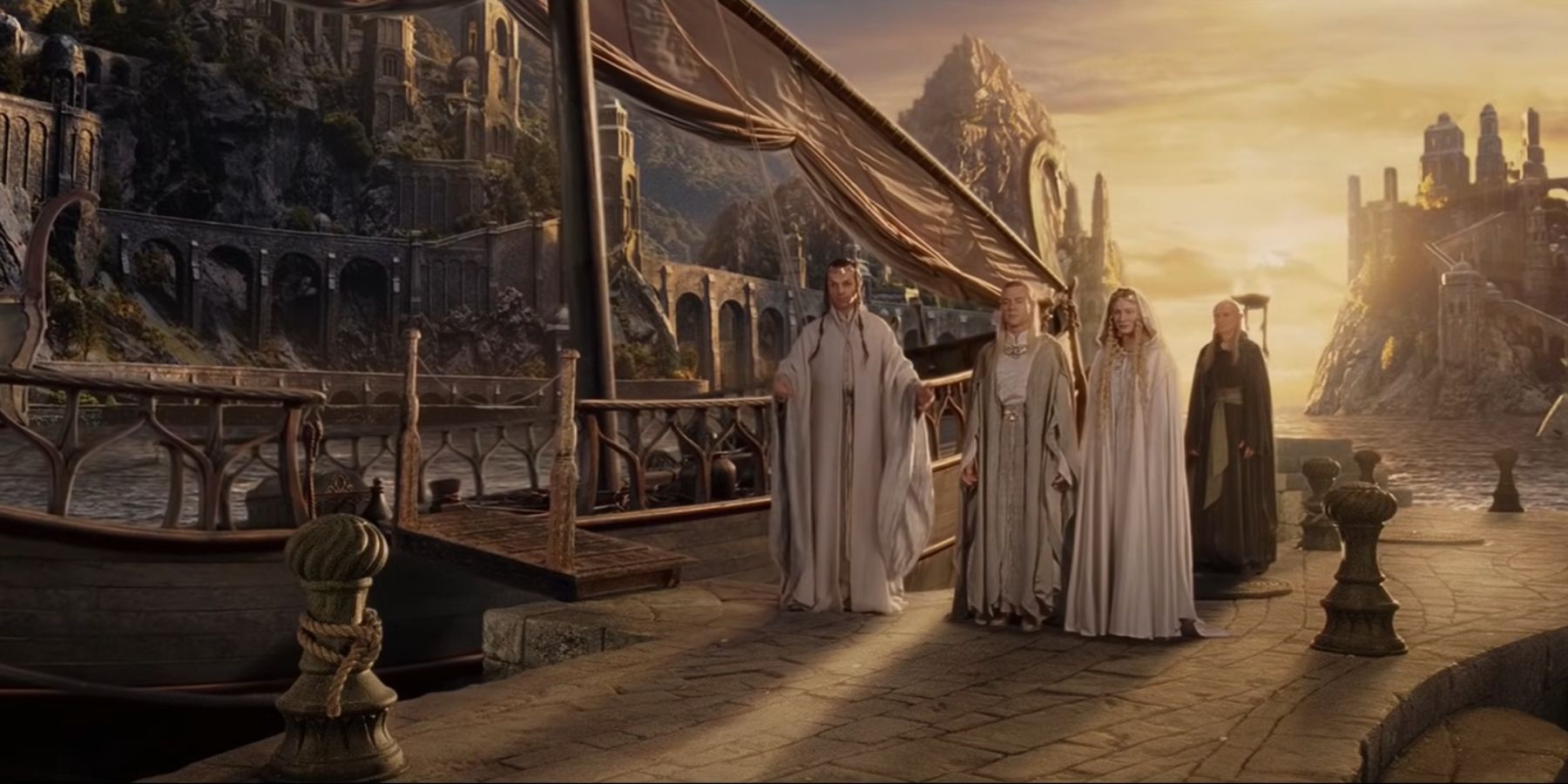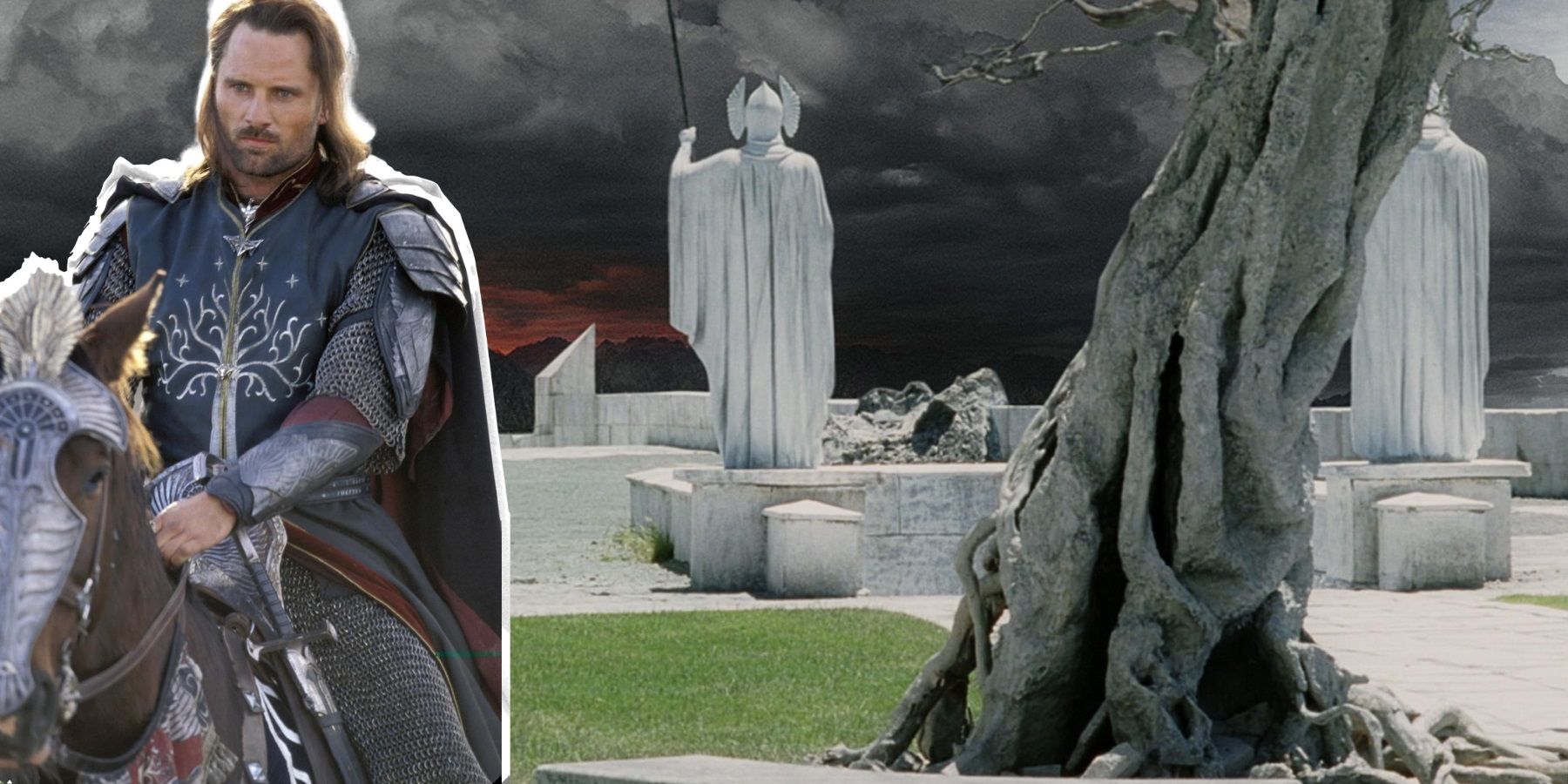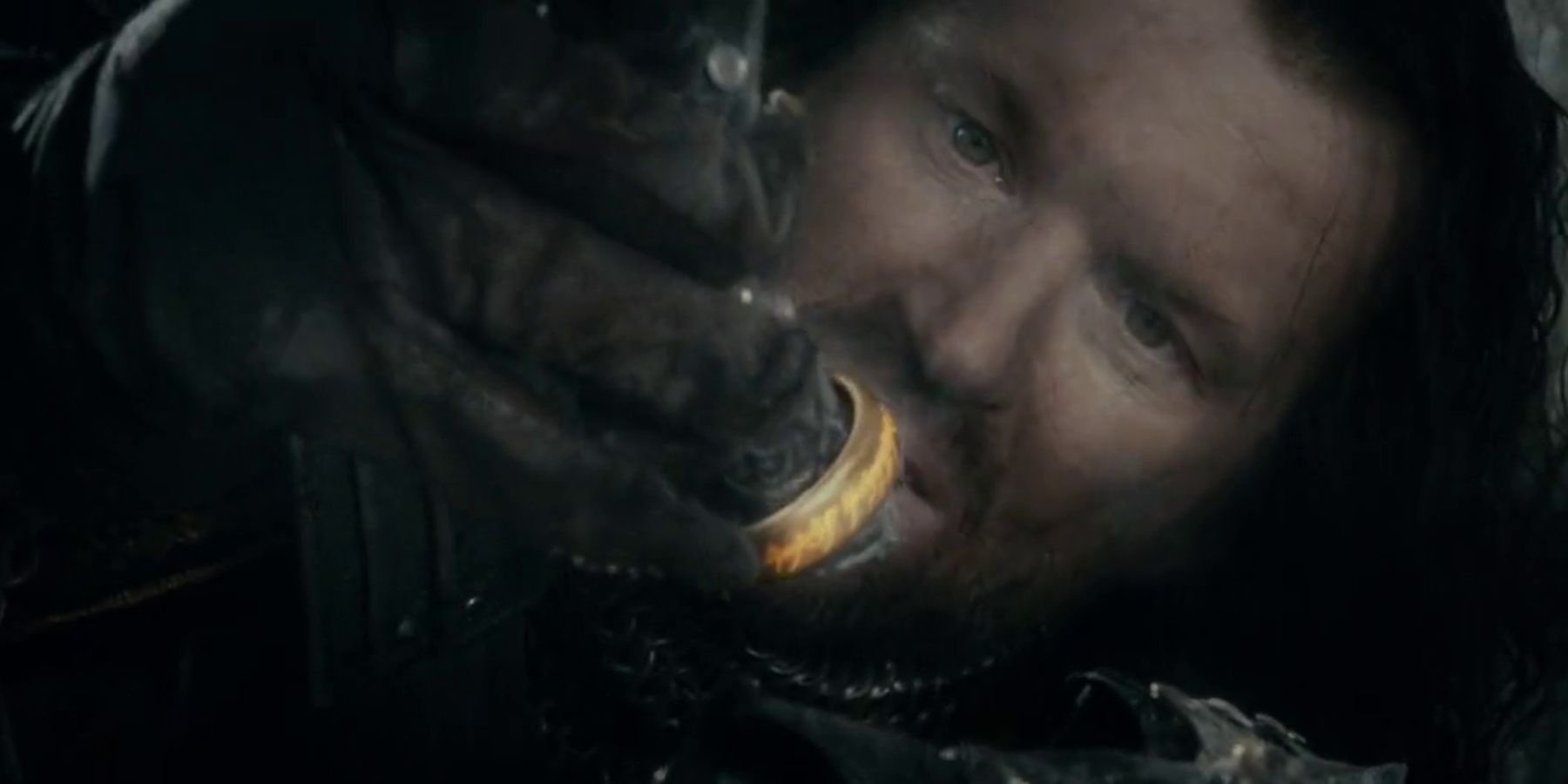The Lord of the Rings movies include an impressive amount of history about Middle-earth, but they can't include everything. Some of the most interesting lore that gets left out is about Aragorn's family, a long line of heroes and adventurers known as the House of Bëor.
Men were the second race created by Eru Ilúvatar and one of the last races to come into being in Middle-earth. There were originally three ruling houses of Men in the First Age, with the House of Bëor being one of them, and it was always assumed that the Dunedain were made up of a mix of any surviving heirs of all three houses.
7 Bëor The Old
The person who started the line and gave it his name is an obvious choice to start. Originally known as Balan, he was a leader of his people and was determined to find and meet the High Elves after hearing about them from the woodland Elves that humans had already met.
Like the Elves had before them, Men lived in ignorance and obscurity for a time, until they were discovered by King Finrod Felagund in year 310 of the First Age. Balan was encamped with his followers when the King found them by happy accident. He would be named Bëor much later, a word that symbolized his fealty and service to King Finrod, and he was given the title of "the Old" after living to the age of 93.
When it came to relations with the Elves, Bëor's death was just as important as his life. Elves are bound to Middle-earth and last as long as the world does, and they were fascinated by a race that had another option. It was at this time that Elves called death "the Gift of Men."
6 Morwen Eledhwen
"Eledhwen" was a nickname that meant "Elven-fair" and although Morwen was human she was the great beauty of her age. This led to rumors that she had Elven ancestry and magical powers, and when the Easterlings attacked the country where she lived after her husband was lost in battle, they were afraid to attack her home because of these stories. She was able to escape to the Kingdom of Doriath with her children, but Middle-earth is a dangerous place, and they didn't escape unscathed.
The tale of Morwen isn't a part of the trilogy but is a separate book edited by Christopher Tolkien, The Tale of the Children of Húrin. Húrin, Morwen's husband, was cursed by Morgoth and his wife and children bore an equal share of the Dark Lord's anger. They had three children: Túrin, Lalaith, and Niënor, and it didn't end well for any of them.
5 Túrin Turambar
The story of Túrin Turambar is a tragic one, intended to include all the elements of both Romantic, Biblical, and Greek tragedy. Túrin barely knew his younger sister Lalaith, who died from a plague when he was still young and was only eight years old when his mother, Morwen, sent him to the Kingdom of Doriath so he would be safe from the Easterlings.
For a while, Túrin was a hero of Doriath and an adopted son of King Thingol, but after accidentally causing the death of one of the king's advisors, he fled into the wilderness and lived as an outlaw. After a long life of both glory and horror, he was killed by the dragon Glaurung, but he managed to slay the drake before he died. Throughout history, he was the only human to slay a dragon until Bard of Laketown took down Smaug.
4 Beren Erchamion
The story of Beren and Lúthien is one that Tolkien had told before in the shape of Melian and Thingol and Húrin and Morwen, but this was the first union between Men and Elves. It troubled certain members of the Elder race that one of their best and brightest could be so taken by a mere human. This is partly why Lúthien's father, King Thingol, gave Beren the impossible task of recovering a Silmaril to win his daughter's hand.
It's interesting that instead of a great battle or epic fight, Tolkien wanted the most heroic and significant act in history to be a simple trick. The recovery of this one Silmaril is what might have saved all the races of Middle-earth from the wrath of Morgoth and the Sons of Fëanor in later years.
3 Eärendil The Mariner
It's because of Eärendil that certain Elves are allowed to choose the Gift of Men instead of immortality. He was human, but Half-elven, and he had two sons. Aragorn is a direct descendent of his son Elros, who was the first human to choose mortality. His other son, Elrond, took his father's place as the Lord of Rivendell.
Eärendil is one of Tolkien's first and best heroes, mostly because of his contact with both a Silmaril and the Valar. He inherited the one Silmaril from his ancestors Beren and Luthien and returned it to the Valar as part of his request for their aid. When Galadriel gives Frodo the Light of Eärendil, that's not just an expression. The actual light of a Silmaril is in that water, and it's from the one that Eärendil carried with him.
2 Elendil The Tall
This character appears briefly in The Fellowship of the Ring in the opening scene along with his son, who had an equally important but different role in the outcome of the battle. The event depicted in this preamble is the Siege of Barad-dûr, and it's where Elendil fell at the side of his close friend, Gil-galad. According to the lore, he was more than seven feet tall, hence the nickname.
Elendil founded the two kingdoms of Gondor and Arnor, the latter of which was ruled by his sons Isildur and Anárion. He was the High King of the Dúnedain and led the exiled humans from the ruins of Númenor to safety so they could found another kingdom. Aragorn invoked his name as a battle cry when fighting the Uruk-hai at the end of The Fellowship of the Ring.
1 Isildur
Not so much a heroic figure as a tragic one, and the movies don't have time to depict anything more than his worst decision. Whether it was bad luck or the resurgence of Morgoth's curse on the Children of Hurin, Isildur's refusal to destroy the Ring had lasting implications for his descendants.
It's not all bad for Isildur, since he was the one who cut the Ring from Sauron's hand and delivered a triumphant end to what seemed like a losing battle. It was also his curse that compelled the Men of the Mountains to wait for his heir, so when Aragorn walked the Paths of the Dead, he bound an army of the undead to service in Isildur's name.

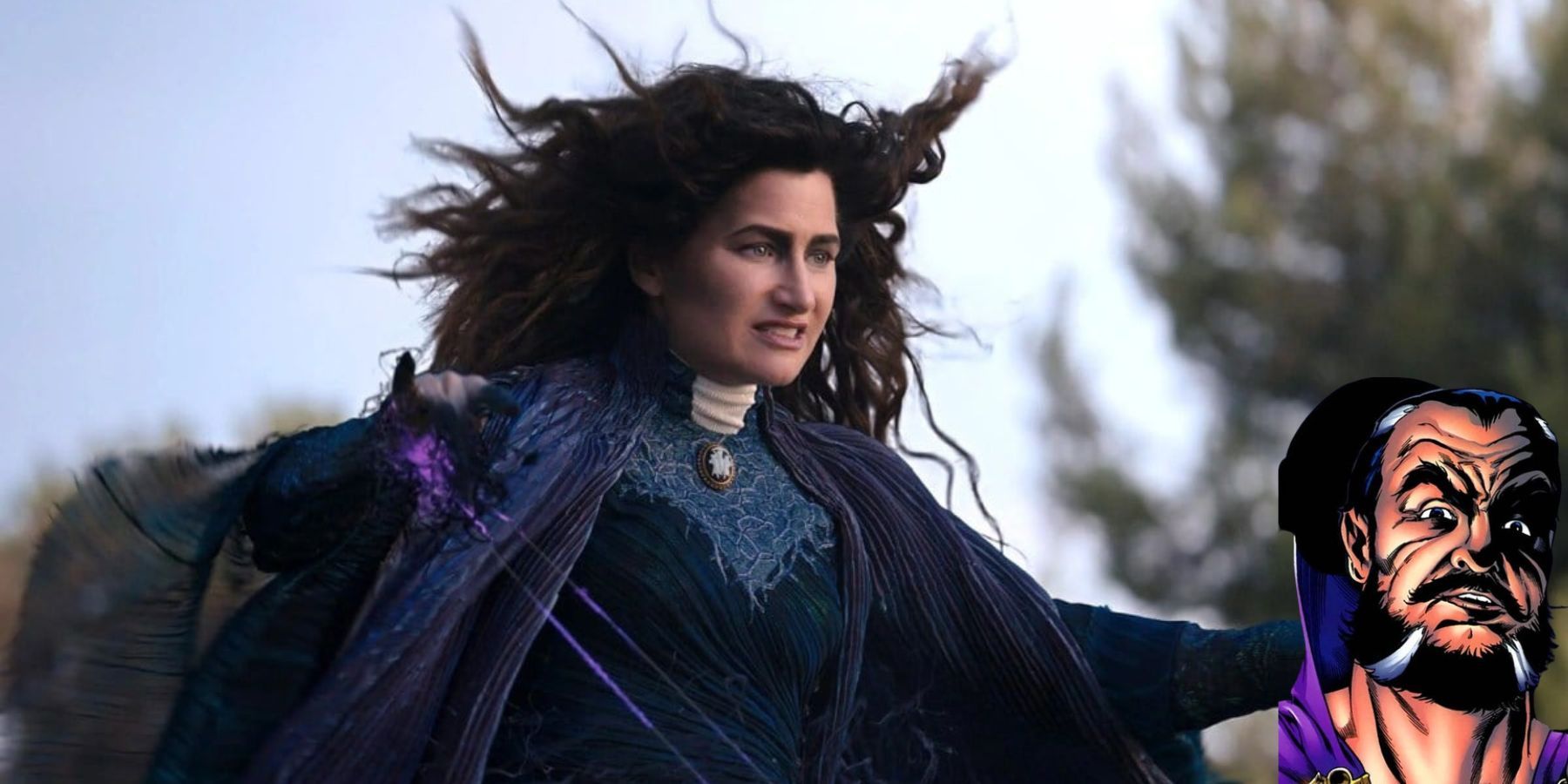
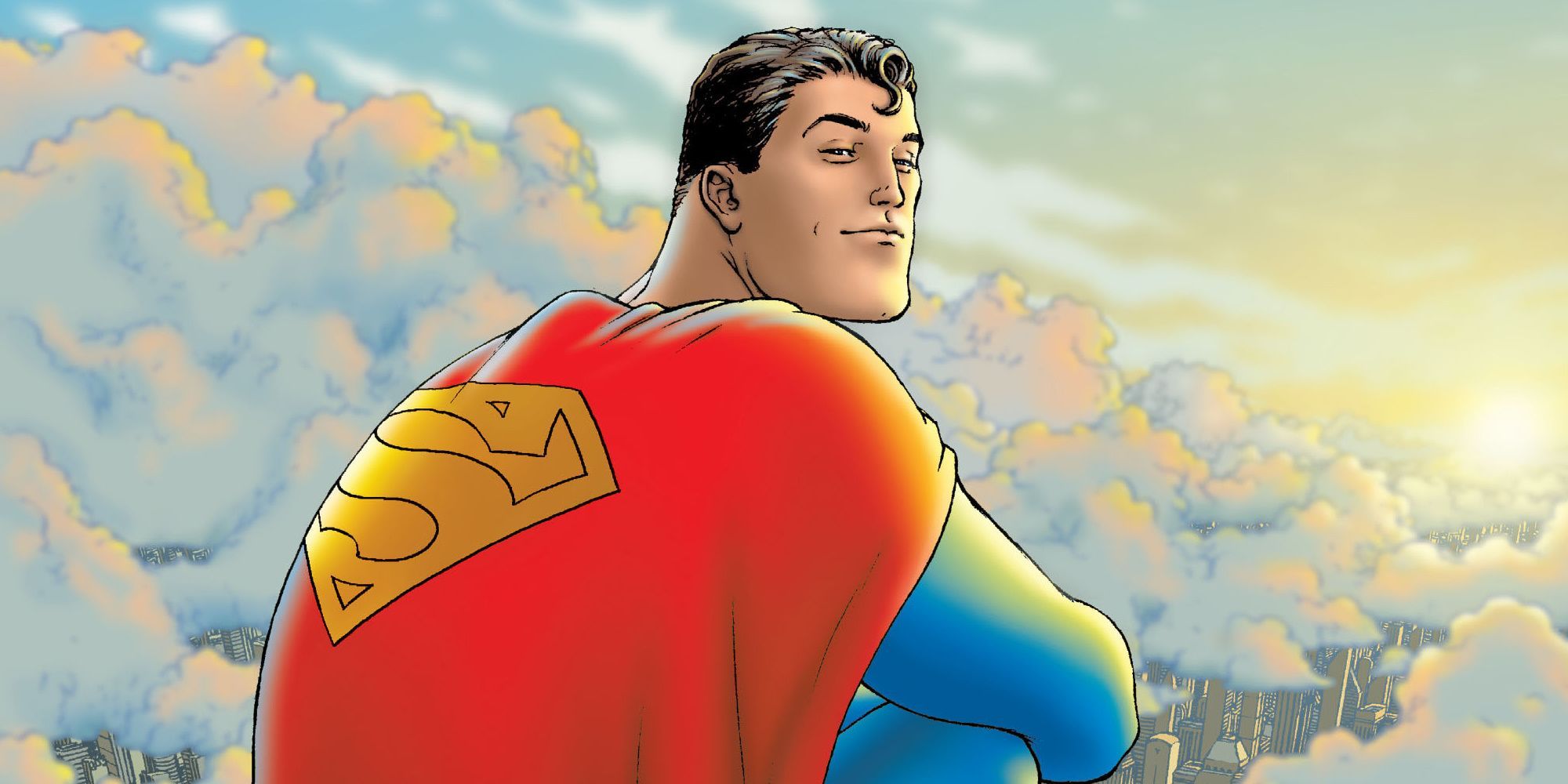
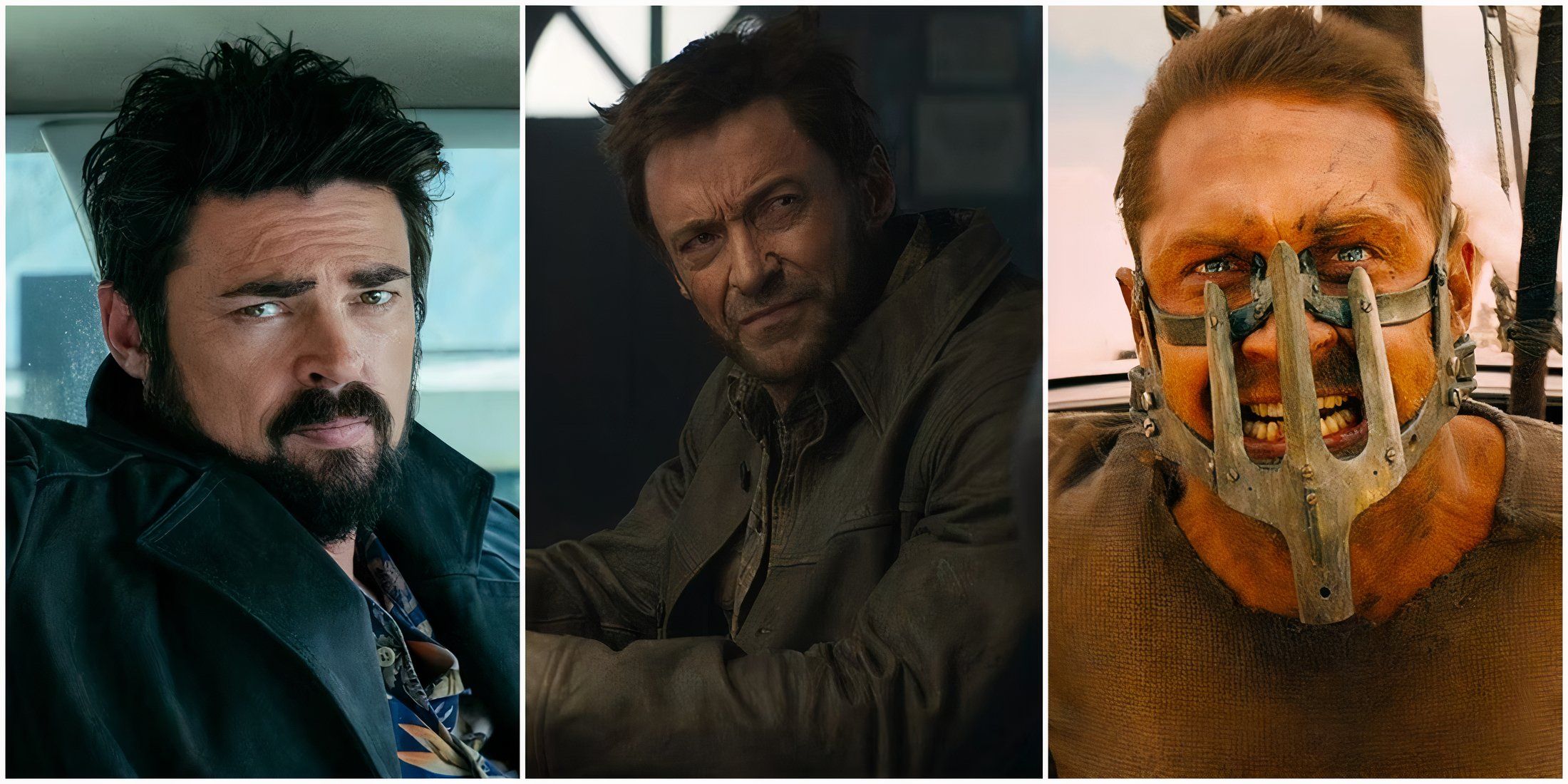
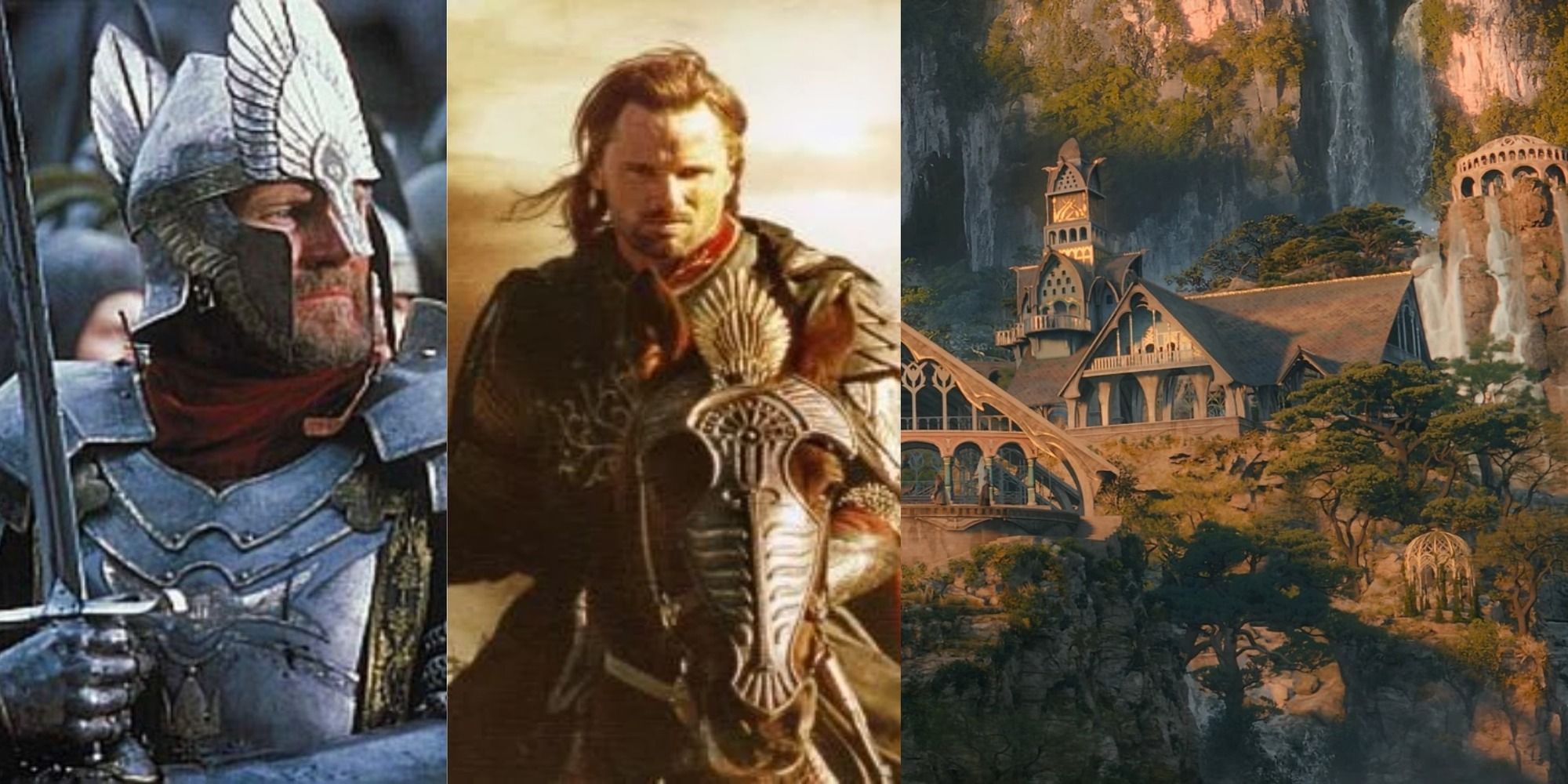
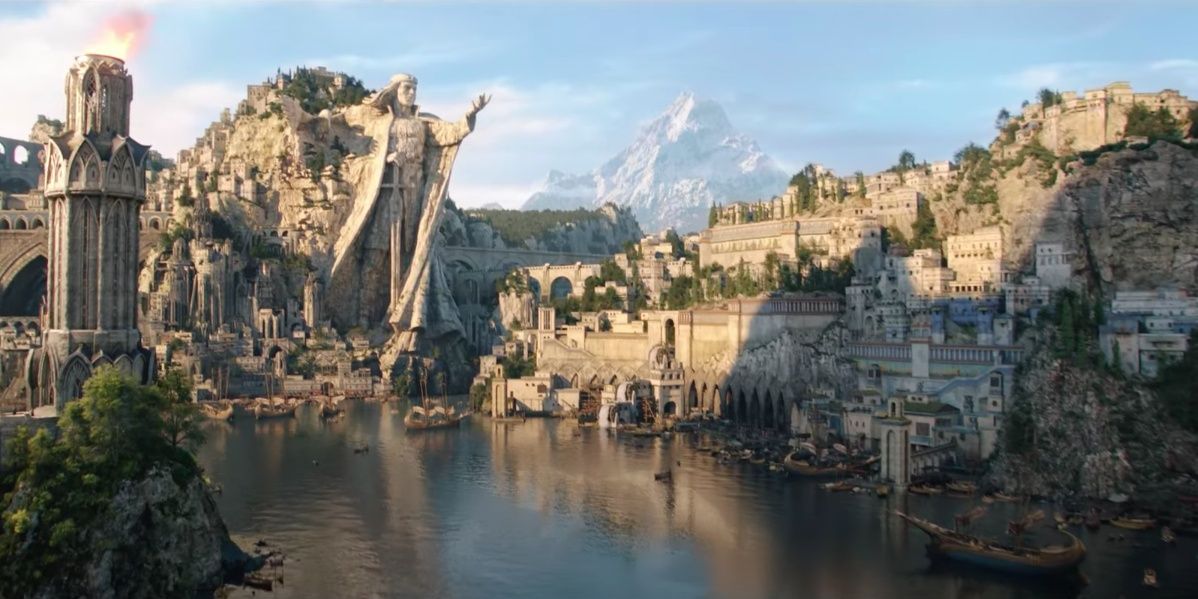
.jpg)
